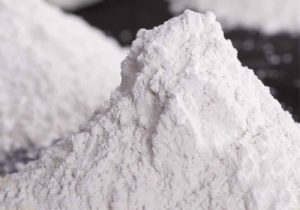
CP-992 Organophilic clay
CP-992 Organophilic Clay, the wet process improved viscosifier and gelling agent . It is a rapidly dispersing.
Hectorite clay can better ensure the quality of organic bentonite clay.Suitable for anti-corrosion paint in epoxy floor industrial areas. Adhesive solvent based systems. They have the characteristic of self activation and can be directly added and easy dispersed.Its thickening effect is particularly significant.It has excellent thixotropic performance and anti sagging performance.If you happen to need such Hectorite clay based organic clay bentonite, please contact us and we will provide you with free samples for testing.
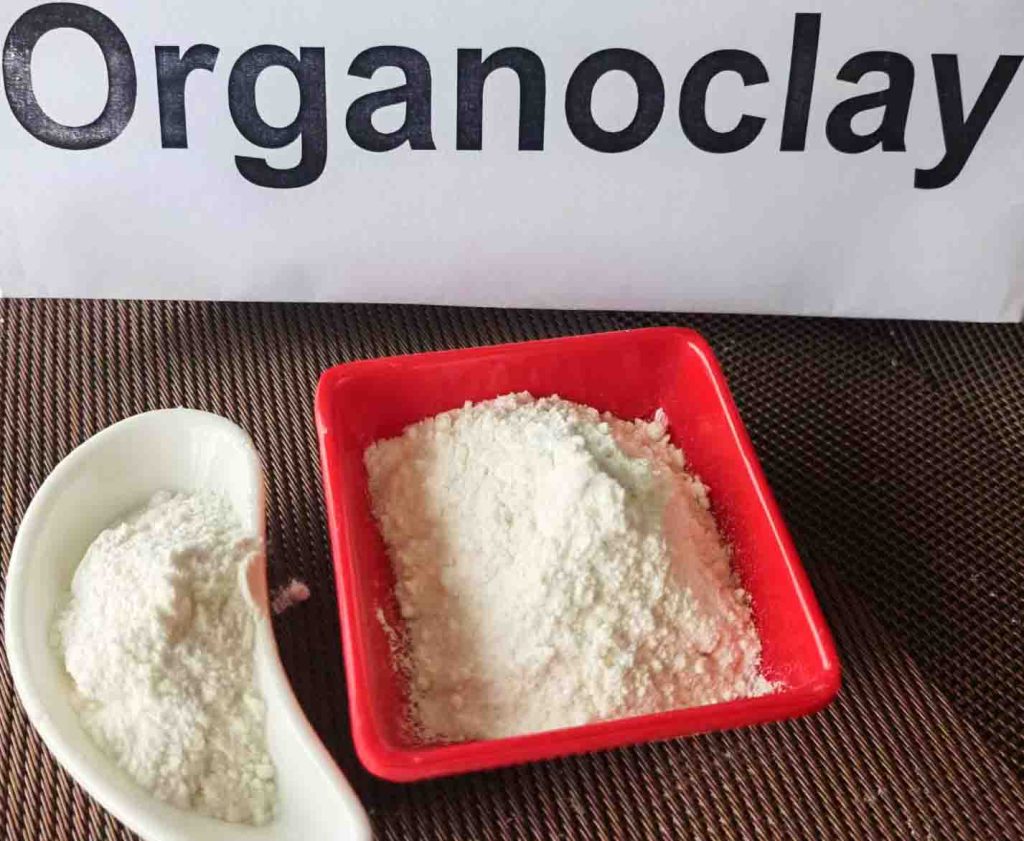

CP-992 Organophilic Clay, the wet process improved viscosifier and gelling agent . It is a rapidly dispersing.

CP-982 Organophilic Clay is an amine treated bentonite with a moderate temperature performance.

CP-150 Organophilic Clay is a self-activating organoclay that disperses easily and performs well in diesel, low aromatic mineral oil, modified vegetable oil, and synthetic base fluid formulations.
hectorite clay: Camp Shinning produce organoclay hectorite clay, including water–based organoclay hectorite clay and oil hectorite clay, and in terms of dispersion performance, including easily dispersible bentonite and pre gel hectorite clay, these different types of organoclay can meet your most reliable rheological


CP-10 organoclay is a rheological additive made of organoclay. It is used in non-polar to moderately polar aliphatic and other solvent systems

CP-MPZ organoclays is an modified bentonite that is used in solvent and resin systems ranging from non-polar to highly polar.

The CP-MPS rheology modifier is a type of organo clay rheological additive that is used in solvent and resin systems ranging from non-polar to high polarity.
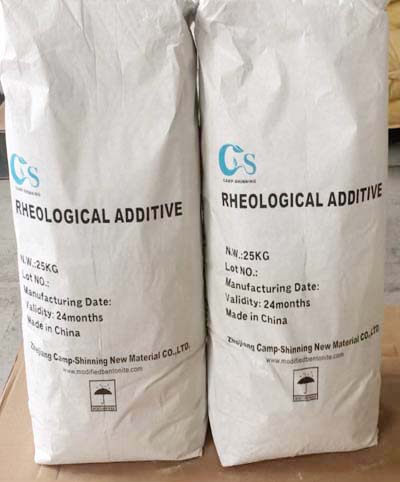
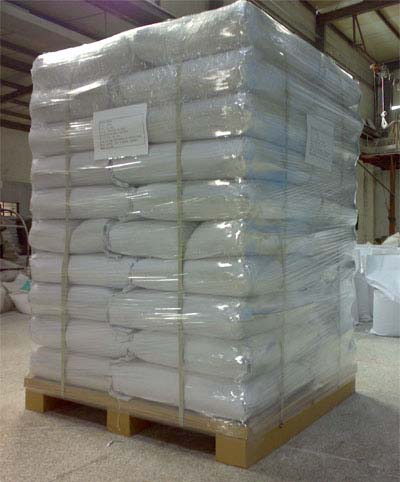
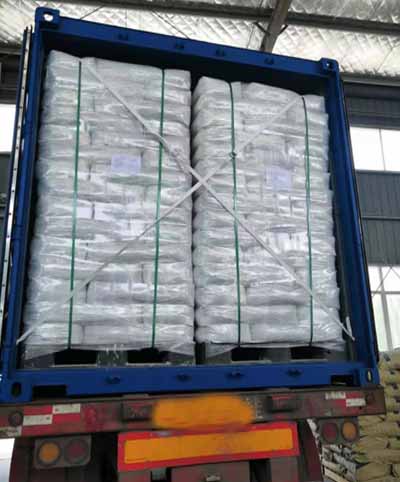
Organoclay Supplier / Manufacturer :
Internet address: https://www.rheologymodifiers.com/
Email address: [email protected]
Whatsapp / Wechat: +86-13185071071
Organophilic Clay Supplier / Manufacturer :

CP-EW Organoclay for Water Based paint. It is primarily employed in water borne paint systems,such as latex paint. So it is a good water based additive in paints,coatings,grease etc.

CP-EWS Modified bentonite It is employed in a water-borne coatings system. CP-EWS organoclay outperforms CP-EW in terms of thixotropy, transparence, and dispersion.

CP-WBS Rheology Modifier is rheological modified bentonite. It is mostly employed in water-borne systems.

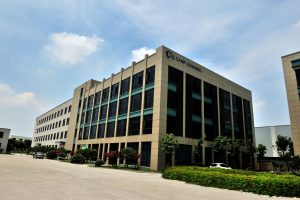
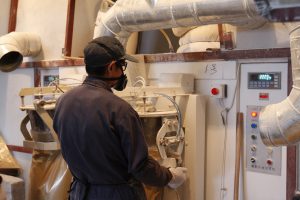
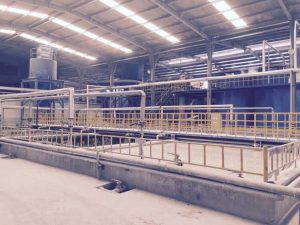
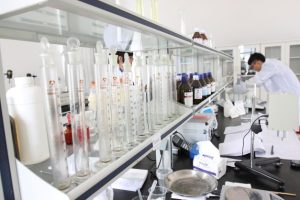
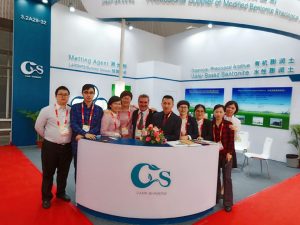
The Organoclay bentonite | Organophilic clay -specialized Zhejiang Camp-Shinning New Material CO.,LTD. and Hangzhou Camp-Shinning CO.,LTD. are subsidiaries of Camp-Shinning.
Camp-shinning concentrated on high value-added, high-technology organo bentonite series products, particularly in research, development, manufacturing, and sales of organic (solvent based organoclay) and inorganic bentonite (water based organoclay).
Our Organophilic bentonite clay finds widespread application in oil drilling mud, paint, coating, lubricating grease, adhesive, construction mortar, cosmetics, and waste water treatment, among other applications. A group of world-class professional users and distributors, such as SUN CHEMICAL,,SIEGWERK,LEHMANN &VOsS, and others, have acknowledged our dependable quality.
Current annual production of organic bentonite clay | organoclay is 20,000 metric tons, while refined bentonite production is 15,000 metric tons.
Our ISO 9001 quality system certification and IS014001 environmental management system certification, as well as our own mine with superior ore quality and production of proprietary technology, ensure the long-term quality and supply stability of our Organoclay bentonite | Organophilic clay.
Our mission is to provide users with superior Organoclay bentonite | Organophilic clay and services and to collaborate with them to achieve success and glory.
Internet address: https://www.rheologymodifiers.com/ and email address: [email protected]
Whatsapp / Wechat: +86-13185071071
Rheological characteristics
The rheological properties of organoclay hemctorite clay dispersed in gasoil are investigated in this work. Although few studies on this sort of dispersion have been conducted, the goal is to understand how dispersion conditions affect the rheological properties of this clay type. This clay exhibits non-Newtonian behavior, which is useful in applications requiring the use of high-viscosity fluids.
The hydrophobicity of the surfactant influences the viscoelastic behavior of organoclay dispersions. Organoclays treated with hydrophobic surfactants exhibited greater elasticity.
Organoclay is a type of smectite clay that has been changed. The predominant constituent is montmorillonite, but it also contains kaolinite, quartz, and calcite. Organoclay hectorite is a high-performance hydrophilic clay with several industrial applications.
Because of its good rheological qualities, this clay is utilized in ceramics, paints, and coatings. It has a high adsorption capability and is utilized in water treatment. Its rheological qualities can be improved further by converting it to a hydrophobic form.
The differential between yield stress and shear stress characterizes the rheological properties of organoclay hemctorite clay. Increasing the concentration of CP-992 in organoclay hemctorite results in more water droplets, which raises the viscosity and shear rate.
The gel volume and dispersion state are affected by the temperature of the clay dispersion. The carbon chains of the clay particles shrank and stretched at two degrees Celsius, resulting in a larger gel volume. These alterations were seen at 2 and 65 degrees Celsius. This effect matched the impact of thermal expansion and cold contraction on clay particles.
The remarkable sorption and complexation capabilities of organoclay hectorite clay have piqued the curiosity of researchers. The materials are cheap, widely available, and non-toxic, and they have potential as ion exchange materials.
These polymers can remove over 70% of the waste water from water treatment facilities. These materials are mostly found in nature. The uptake process is influenced by the number and type of ions in the solution, the pH of the solution, and the temperature.
The chemical characteristics of the organic substances that organoclay hectorite clay can adsorb vary. Bentonite is a basic mineral with a negative charge on its surface. When inorganic acids are introduced, the chemical structure of the clay alters. The inorganic acid solution’s positive charge bonds to the clay’s net negative charge.
The adsorption of metal ions is determined by the pH of the solution. A low pH inhibits Co ion uptake, whereas a high pH promotes their mobility. Co sorption onto organoclay hectorita clay is also affected by solution concentration and pH.
Organic chemicals that have been replaced for cations are found in some organoclays. These organic molecules might become intercalated in the clay or porous phase. It is made up of both inorganic and organic phases. As a result, organoclays can now be utilized to remediate aqueous sludge.
These materials can be employed as adsorbents as well. Hectorite is a polymer with a porous structure that may hold ions. These polymers are widely utilized in the manufacture of fertilizers and other chemicals.
Because of the rising concentration of dyes in the environment, researchers are looking for more efficient adsorbents. Clays have a distinct advantage over activated carbons in this regard. They are eco-friendly and have a large surface area.
Organoclay Supplier / Manufacturer :
Internet address: https://www.rheologymodifiers.com/
Email address: [email protected]
Whatsapp / Wechat: +86-13185071071
Organophilic Clay Supplier / Manufacturer :

CP-180 organoclay is an organo clay rheological additive (modified montmorillonite) designed specifically for use in solvent-based systems

CP-34 organoclay is a modified bentonite that has been specifically designed for use in solvent-based systems.

CP-EDS modified bentonite is a kind of organo clay rheological additive. It is used in systems of medium polarity and high polarity system.
Hectorite clay